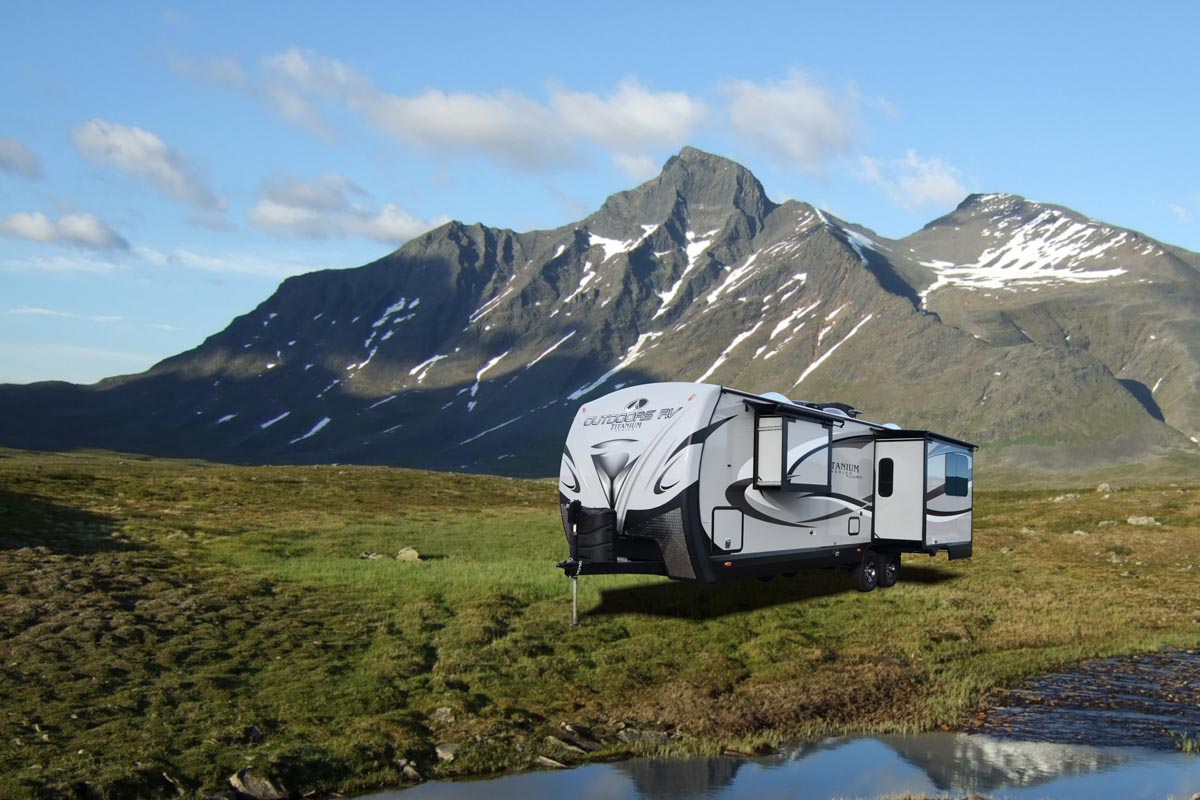Why Store Your RV
Opting for Fort McMurray RV and Self-Storage over storing your RV at home on a residential property comes with a myriad of advantages. Our dedicated facility places a premium on security, featuring monitored premises that instill confidence and peace of mind among RV owners. Convenience takes center stage, thanks to 24/7 gate access, allowing you to effortlessly retrieve or store your vehicle at your preferred times. Choosing our off-site storage eliminates the potential constraints of bylaws or neighborhood restrictions associated with residential areas, ensuring strict compliance with regulations. Additionally, our strategic location positions us near popular campgrounds and recreational areas, facilitating seamless access to your preferred destinations. Storing your RV with us at Fort McMurray RV and Self-Storage is a decision that optimizes security, convenience, and accessibility, thereby elevating your overall recreational experience.
You Can Trust Us!
Get More Space at Home
Recreational vehicles typically vary in size, ranging from eight to 40 feet in length, eight to 15 feet in height, and seven to ten feet in width. Storing an RV at home becomes challenging due to these dimensions. The height might exceed garage limits, or the width and length may pose obstacles in the driveway. Even when fitting in the garage or driveway, the RV could inconvenience the regular use of other vehicles. Opting for self-storage provides a practical solution, ensuring your RV is securely stored while freeing up valuable space in your garage or driveway for more frequent and essential use.
Easier Travel
Choosing Fort McMurray RV and Self-Storage for your RV storage needs is a strategic decision, especially if you’re an avid camper. Located on the way to popular campgrounds like Gregoire Lake Provincial Park and Surmont Creek Campground, our storage facility offers unmatched convenience. Our prime location simplifies the process of retrieving your RV and hitting the road, making Fort McMurray RV and Self-Storage the ideal choice for those who value proximity to beloved camping spots.
City By-Laws
Storing your RV in a dedicated storage yard in Fort McMurray becomes a practical choice in light of city bylaws. Fort McMurray’s regulations typically permit only one recreational vehicle or utility trailer on a residential lot within the urban service area. To adhere to these bylaws and avoid potential violations, choosing a specialized storage yard offers a secure and approved location for your RV.
Secure
Fort McMurray RV and Self-Storage prioritizes the security of your valuable assets with a range of robust measures. Our facility is enclosed by a sturdy 6-foot fence, further enhanced with razor wire, providing an effective deterrent against unauthorized access. To ensure visibility and safety, the entire property is fully lit during nighttime hours, maintaining a well-illuminated environment. Adding an extra layer of security, each client benefits from individual gate access, secured by a personalized gate code.
Larger Parking Spaces
Opting for outdoor RV storage at Fort McMurray RV and Self-Storage offers a cost-effective and spacious solution, particularly beneficial for larger vehicles. With three different sizes of storage lots – 40×12, 49×12, and 65×12 – our facility caters to various vehicles that require ample space. This includes not only RVs but also other large vehicles such as long trailers.
Enhance Real Estate Investment Value
Opting to store your RV off your property is a smart choice that contributes to preserving your property value. By keeping large recreational vehicles like RVs in dedicated storage yards, you maintain the aesthetic appeal of your home and neighborhood. The decision to store your RV off-site demonstrates a commitment to maintaining the overall visual appeal of your residential area, contributing to the long-term value and desirability of your property.
What We Offer
24/7 Access
Have access when you need it.
Fully Gravel Lot
Enjoy mud FREE parking!
Lighted Parking Lot
Nothing bad happens in the light!
No Security Deposits
Nothing is required, just pull right in!
Fully Automated Service
Secure your spot and pay your bills online.
Convenient Access and Rates
Convenience does not have to be expensive!
Prepare Your RV for Storage

To prepare your RV for storage, start by thoroughly cleaning both the interior and exterior to prevent mold and attract pests. Empty and defrost all appliances, disconnect and remove batteries, and turn off the propane supply. Check and inflate tires, fill the fuel tank, and add a stabilizer. Change the oil and filter if needed, and protect the engine and exhaust from pests. Cover or protect windows to prevent sun damage, secure vent openings, and consider using moisture-absorbing products to control humidity. Set traps for rodents, disconnect electronics and maintain insurance coverage. Finally, store the RV on a stable surface and ensure it’s securely locked. Following these steps will help preserve your RV during storage and ensure it’s ready for your next adventure.
Winter Storage
Frequently Asked Questions
RV Storage
Experience peace of mind and convenience when you store your RV with us.

